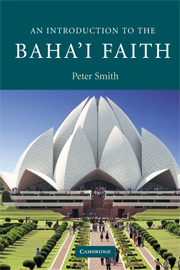Read this today (started on the first one yesterday, but took some time off reading to go shopping)

To me, it was a somewhat underwhelming read (once again, not the author's fault). Like many who have grown up in Western Europe I was already aware of a lot of the Communist history, including the power struggles between the early Communist leaders, the subsequent rise and fall of Khrushchev after the death of Stalin and the out-of-control events caused by Gorbachev's Glasnost which eventually brought down the Soviet Union.
And the pre-Communist history of Russia seemed rather bland to me; Russia may have had rulers with impressive titles (Peter the Great, Catherine the Great and Ivan the Terrible)... but other than territorial conquests (often lost subsequently) these rulers failed to change the fact that Russia was a backwards country compared to most of Europe well into the 19th century - Largely due to the continued persistence of serfdom among Russian peasants.
Oh... and to summarize the book in a single line:
Communism is a disaster and Joseph Stalin was a complete as*hole.
Then I read this:

I can highly recommend this book... It is short (only 215 pages) and highly structured, describing the history, practice and community if the Baha'i in 3 separate sections.
It is also amazing that such a progressive religion could emerge from such fundamentalist Islamic origins (The Baha'i initially evolved from Twelver Shia Islam, but it has now become a completely distinct religion which isn't even squarely "Abrahamic".
While the Baha'i is not above criticism (it's does not accept homosexuality, and it's policy towards "Covenant-Breakers" is harsh), it's dedication to education, gender equality and social justice is perhaps only matched by Liberal Quakers and Reconstructionist Judaism.
It is also a rapidly growing religion. The author actually estimates that there are already more than 10 million Baha'i adherents worldwide, and with a strong footing in India (with the largest Baha'i community in the world - the Lotus Temple on the cover is in New Delhi) and Africa, it is not unrealistic to assume that it will grow larger than Judaism (and perhaps even Sikhism) in a few decades.
















